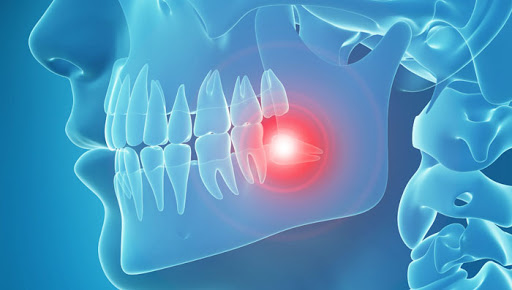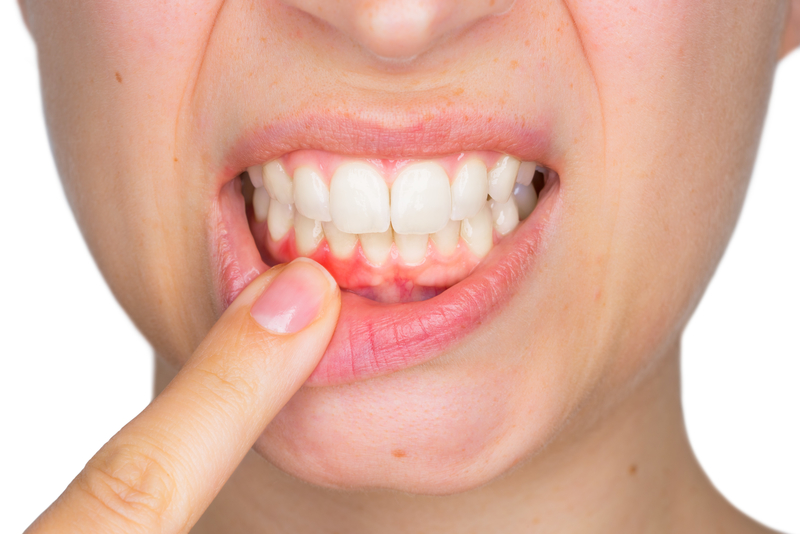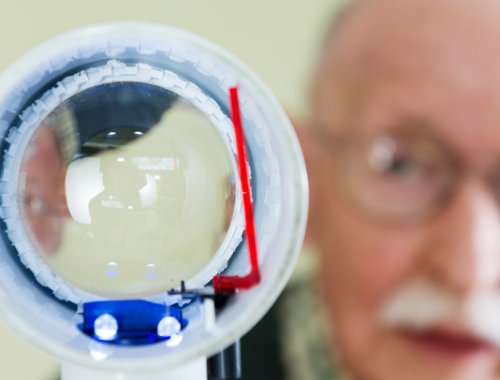Common Dental Issues And How You Can Treat Them
4 min read
A dental issue can affect your life in different ways. The pain and discomfort resulting from dental issues can disrupt eating, speaking, and swallowing, which are daily dental functions. Dental problems are quite common, affecting most people at some point in their lives.
The upside is that most dental conditions already have proven treatments that can quickly relieve pain and discomfort. You can avoid most of these dental issues by practising good oral hygiene and visiting a dental hygienist near me frequently for dental cleanings.

Below are a few common dental problems and effective treatments to ensure your teeth and gums remain in good shape.
Tooth decay
Tooth decay is among the most prevalent dental conditions, affecting millions of people yearly. It results from bacteria affecting the tooth, mostly when accumulated plaque acts on starch and sugar present in the food we eat. This action produces acids which gradually erodes the enamel and cause tooth decay.
A common way to prevent tooth decay is to have better oral hygiene which involves brushing your teeth a minimum of two times every day with a recommended toothpaste, flossing and eating healthy meals. Visiting your dentist often would also prevent tooth decay.
If left untreated, tooth decay may cause damage which requires a root canal treatment, dental fillings, tooth extraction or removal of wisdom teeth. You may also get dental bridges, implants, dentures and crowns.
Gum disease
Gum disease, also known as periodontal disease, affects the gum and tissues surrounding the teeth. You can prevent gum diseases by having a good oral hygiene routine like brushing a minimum of twice daily and flossing every day. Visit your dentist often to examine your teeth as this can help identify gum disease at an early stage.
Untreated gum disease can result in gum recession, and you may have to undergo a pinhole gum surgery to correct the recession. It is best to treat gum disease because it may lead to stroke and heart attacks.

Cracked teeth
You may have cracked teeth from an accident, trauma, eating hard foods and chewing hard objects. Grinding the teeth while sleeping may also cause cracked teeth. A small crack can worsen, causing pain and discomfort which requires extensive dental treatment.
Treatment for cracked teeth includes crowns, dental bonding porcelain veneers, and nightguards depending on the severity of the damage from the cracked teeth.
Enamel erosion
The outer layer of the teeth is called enamel. It prevents the teeth from decay and may become weak due to the following.
- Taking excess fruit drinks or soda
- Gastrointestinal issues
- Dry mouth
- Wear and tear over time
- Susceptibility to acid reflux
- Eating foods with high starch and sugar content
Once your enamel becomes weak and wears off, nothing can be done to replace it. You can avoid enamel erosion by brushing your teeth with fluoride toothpaste and flossing daily.
The enamel is irreplaceable, but your dentist may offer dental crowns and dental bonding to repair your enamel. The severity of the enamel erosion will determine the best treatment option.
Tooth sensitivity
Tooth sensitivity can prevent you from eating, drinking and perform the different dental functions. Your tooth sensitivity may become triggered by eating extremely hot, cold or sweet food, and you may experience tooth sensitivity due to weakened enamel, cracked tooth, or tooth decay.
You can use a desensitising toothpaste fortified with potassium, stannous fluoride, strontium chloride and nitrate to manage your tooth sensitivity. This toothpaste will plug the microscopic channels in the teeth and protect the nerves from food, drink and temperature changes.
If tooth sensitivity is severe, you may have to get dental implants or crowns, but your dentist will first examine your teeth to determine the right treatment for you.

Toothaches
Toothaches cause intense pain in the affected tooth and the surrounding gums. It may lead to fever, headaches, and swelling in the gums. You may experience toothache if you have an infected gum or filling, or abscessed tooth.
Ensure you visit your dentist if you experience symptoms of a toothache because the ache is usually an indication of a severe dental condition. If you do not treat the underlying cause of the toothache, the ache will remain and become worse.
Before you see a dentist, you can use these home remedies to alleviate the pain caused by toothache.
- Rinse your mouth with saltwater
- Use warm peppermint tea bags
- Rinse your mouth with a mouthwash containing weak hydrogen peroxide
- Use garlic paste with a pinch of salt
- Get a small amount of vanilla extract
- Put a cold compress on your jaw
- Take an over-the-counter pain medication
Note that these home remedies only offer temporary relief and you need to see your dentist if you want to feel better.
Underbites, crossbites and overbites
Jaw misalignments can prevent your teeth from being as they should. This may result in an underbite or overbite. These teeth misalignment problems can cause gum disease, pain while eating, and difficulty in speaking.
The treatment for a misalignment problem will depend on the severity of the misalignment, and you would have to visit an orthodontist for treatment. Your orthodontist may suggest braces to straighten your teeth and move them to their perfect positions.
If you are suitable for braces treatment, you will have to choose ceramic or metal braces, or clear aligners to straighten your teeth. An examination by your orthodontist will determine which treatment option is best.
Teeth grinding
Teeth grinding has different causes such as sleep disorders, depression, allergies, misalignment, stress or anxiety. Grinding the teeth usually causes severe earaches, headaches, jaw pain, and back pain.
Temporomandibular disorder, a condition which causes neck pain, chronic facial pain and sometimes, a recurring headache may also cause teeth grinding.






